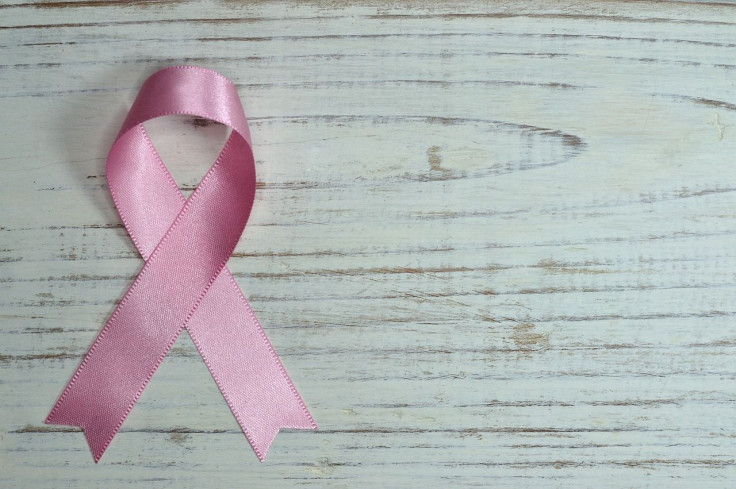Cervical Health Awareness Month 2021: How To Get Involved
KEY POINTS
- Over 13,000 women in the U.S. are diagnosed with cervical cancer each year
- It can be prevented through testing and vaccination
- People who have been affected by cervical cancer can share their stories to spread awareness
January marks Cervical Cancer Awareness Month, a time to remind people about the importance of cervical health and early disease detection.
Over 13,000 women in the U.S. are diagnosed with cervical cancer each year, the National Cervical Cancer Coalition (NCCC) said. The disease is preventable, thanks to proper screening and vaccination.
Amid the COVID-19 pandemic, cervical health may also be getting less attention, just like many other health issues. For instance, recent data showed a decline in cancer death rates in the U.S. in recent years. But experts also expressed their concerns about how the pandemic may affect the progress, since it prevented people from going for their regular screenings due to the risk of contracting the virus from health facilities or, simply because they lost the resources for the screenings.
According to the American Cancer Society (ACS), cervical cancer is "highly preventable and treatable."
If you are a cervical cancer survivor, someone taking care of a patient, or simply someone who is concerned about the health issue, there are simple ways through which you can contribute to the cause and save lives.
Stay informed
In order to be able to share proper information, we should be armed with the right information.
There may be misconceptions and misinformation surrounding cervical cancer and how it can be prevented. Hence, it's important to remain informed and updated about the disease. Organizations like the ACS and agencies like the Centers for Disease Control and Prevention (CDC) can provide accurate information about it.
Those who want to test their knowledge can even take a cervical cancer quiz on ACS' website and also go through the gynecologic cancer symptoms diary from the CDC.
Of course, even with these valuable resources, it's still important to consult a doctor, get tested and vaccinated.
Testing, vaccinations
Two important factors of cervical health are testing and vaccination. To get ahead of cervical cancer and other related diseases, it's important to get regular screenings. The ACS recommends getting an HPV test, while the U.S. Preventative Task Force and the American College of Obstetricians and Gynecologists recommend 21-29 years old women to get a Pap test every three years. Women in the age group of 30-65 years should get the test every five years.
Tonya Butler, a cervical cancer survivor, says, "Don't let fear keep you from going to the doctor."
"The HPV vaccine is highly effective in preventing the targeted HPV types, as well as the most common health problems caused by them," the CDC explained. Even girls as young as 11 and 12 years old can get the HPV vaccine.
Share your story
People who have been affected by cervical cancer, whether personally or through someone they care about, can share their stories. This not only raises awareness about the disease but also prompts people to take action. Reading such stories will help people stay more informed about the ordeals the survivors go through.
#SmearForSmear
In the U.K., Jan. 18 to 21, 2021 is also Cervical Cancer Prevention Week. Irrespective of whether you are from the U.K. or not, you can join the #SmearForSmear campaign to spread the word about the importance of preventing cervical cancer.
You only have to smear your lipstick, take a photo and post it on social media with the hashtag "SmearForSmear" and a message about the importance of getting tested. According to Jo's Cervical Cancer Trust, such photos grab people's attention.
"It can be a really difficult test for lots of people, especially at the moment," the organization said.

© Copyright IBTimes 2024. All rights reserved.






















